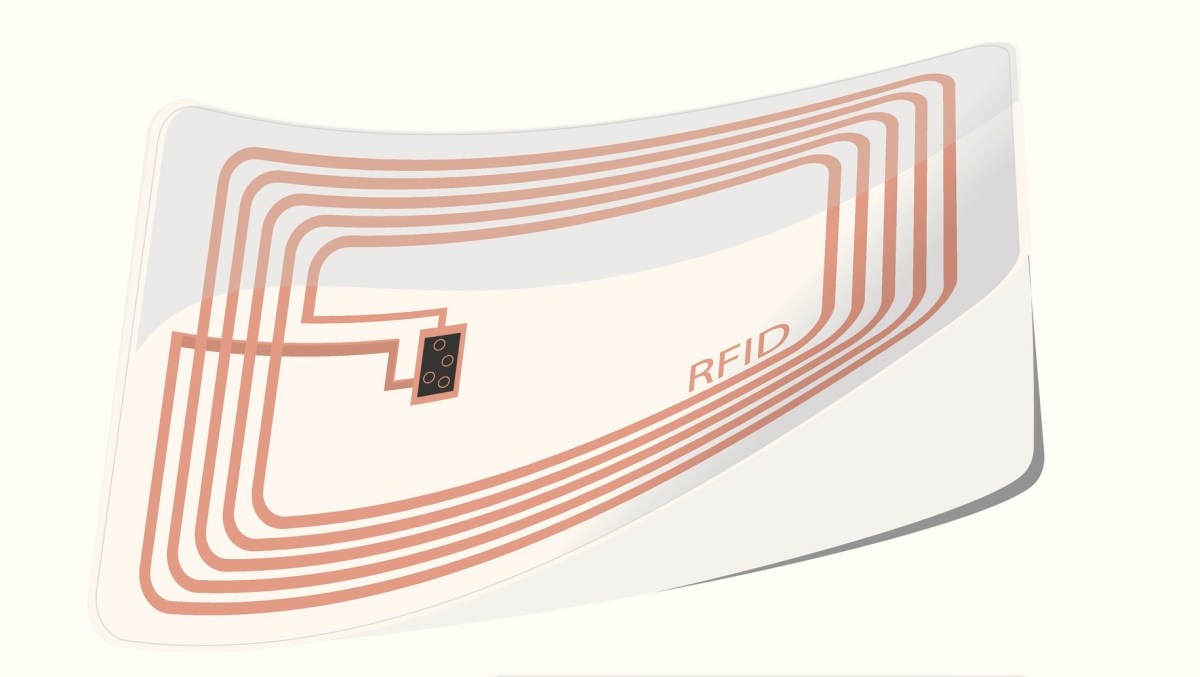GS1 Australia was recently host to an exclusive event in Sydney where key fashion brands shared their journey of the adoption and implementation of RFID (radio frequency identification) technology – digital data encoded in tags or smart labels – into their business.
GS1 Australia promotes the standards behind RFID technology to Australian retailers and GS1 members. The standards have been in place for well over a decade, but GS1 aims is to highlight the benefits to organisations and collaborate with local solution partners because RFID has an impact on labour, fulfilment, IT, crime, returns management, employees and customer satisfaction, among other operational elements of an organisation.
Australian fashion brand for plus size women, City Chic commenced RFID product tagging in July 2018 and now five million products, or 80 to 90% of garments in store, are RFID tagged. Residual stock is not tagged.
RAMP localised software obtains any new SKU details, manufacturers in China have an account set up and the RAMP label partner obtains relevant data from the localised website, prints and encodes a sticky label and issues to the manufacturer whom applies to the product prior to shipping.
“Our stocktake data showed a lack of inventory accuracy, whether that was our salespeople selling items under the wrong product code or supply issues. This highlighted the need for stocktakes to be done more frequently than once per year,” group inventory manager, Glenn Kelly said.
“It was a two-stage process. The first stage was to perform more frequent RFID stocktake at store with a reduced time of just 15 to 20 minutes per store. The aim of the second stage is to achieve a full end-to-end RFID data capture from store receipt to sale or return with scope for daily, monthly or category stocktake.”
For athletic apparel retailer, Lululemon, the implementation of RFID hoped to increase stock visibility and stock accuracy with weekly inventory counts, locate products faster, provide real time re-stock reports and streamline shipping and receiving.
Within just six weeks, RFID technology enabled all stores to complete a weekly inventory count in two hours or less and 20 unique items can now be restocked in just 30 minutes with 100% accuracy.
Founded in Canada, the Australian Lululemon team received support from the North American region, which had been active in RFID since 2016.
“Having the experience and background to ask clarifying questions, draw templates and expectations from was invaluable,” RFID IT Engineer, Simon Wile said.
Australian swimwear brand, Seafolly has eliminated manual stock counting and associated costs with near 100% inventory accuracy, reduced shrinkage and out-of-stock occurrences, lowered manufacturing, logistics and supply chain costs and protected itself from counterfeit, thanks to RFID technology.
Seafolly worked with systems integrator, Solos, specialising in identification, traceability, protection and supply chain management.
By embedding Solos’ patent-pending RFID tag into Seafolly swimwear, the brand is protected and invaluable data and customer insights are developed.

